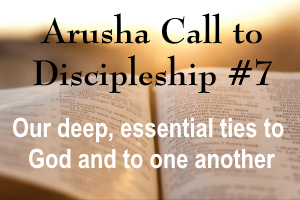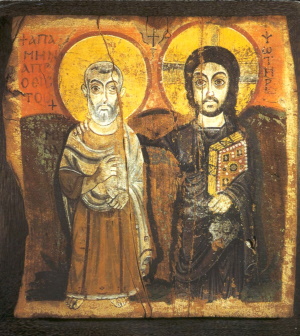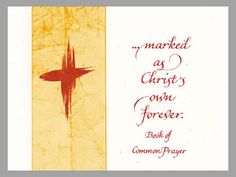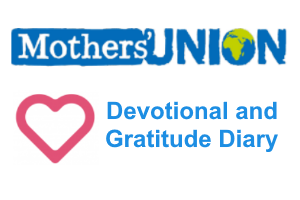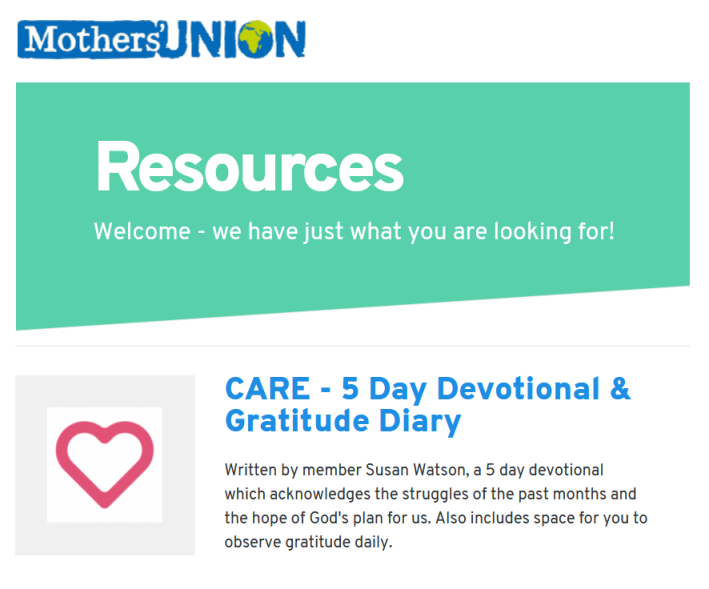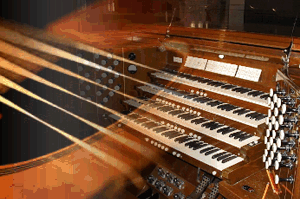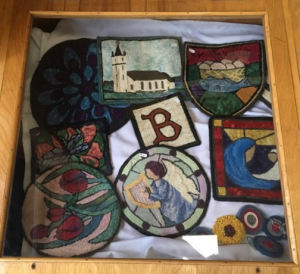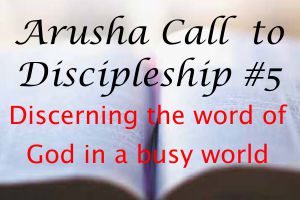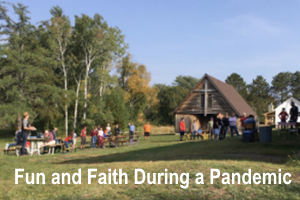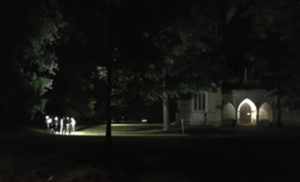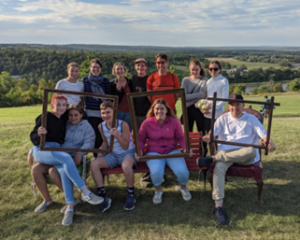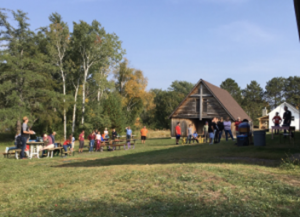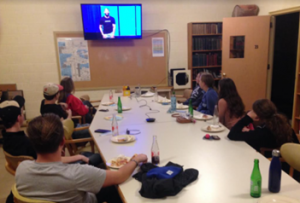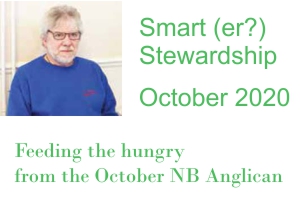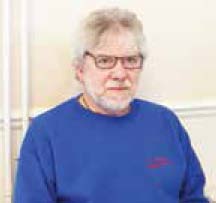During the Season of Lent, all members of the Cathedral congregation are encouraged to consider individual or small group study or reflection. The 40 days of Lent are an excellent time to take on a discipline of deeper reflection on the Christian life, growing personally in discipleship as well as helping us grow as a community of Christian faith. (See BAS p. 282 and BCP p. 612)
MONDAYS
- 12:10 - 12:50 p.m. “Hope for Hard Times”
Noon-time talks with Bishop Bill Hockin and Friends.
Find them ONLINE at billhockin.ca 8, 15, 22, 29 March - 2:00 - 3:15 p.m. “Choices and Promises”
Studying lections for the following Sunday. Background reading in advance provided.
PLEASE NOTE: First session Wednesday 17 February!
Facilitated by the Dean: in person. Board Room (12 max) and ONLINE
17, 22 February and 1, 8, 15, 22 March - 7:00 - 8:30 p.m. “Hide This in Your Heart”
Memorizing Scripture for Kingdom Impact.
Book study of the recent offering from Michael Frost and Graham Hill.
Bishop recommended Lenten reading.
Facilitated by Cheryl Jacobs: ONLINE via Zoom
22 February and 1, 8, 15, 22 March
TUESDAYS
- 2:30 - 4:00 p.m. “Hide This in Your Heart”
Memorizing Scripture for Kingdom Impact. Book study of the recent offering from Michael Frost and Graham Hill. Bishop recommended Lenten reading.
Facilitated by Cheryl Jacobs: in-person. Cathedral Hall Lounge (12 max)
23 February and 2, 9, 16, 23 March - 5:30 - 6:00 p.m. “Art & Faith”
An Ignatian-flavoured contemplative consideration of select works of sacred art.
Facilitated by Kurt Schmidt: ONLINE via Zoom. See the Cathedral web calendar.
23 February and 2, 9, 16, 23 March - 7:00 - 8:00 p.m. “The Wisdom Books”
Some Old Testament wisdom books (Ecclesiastes, Wisdom, Ecclesiasticus (Sirach)
Facilitators Canon Tom Smith and Alan Hall: in-person. Cathedral Hall Lounge (12 max)
23 February and 2, 9, 16, 23 March
WEDNESDAYS
- 12:10 p.m. “Word on Wednesdays”
Gospel-based discipleship (a version of group lectio divina).
Facilitated ONLINE by the dioceses of Fredericton and NS & PEI
17, 24 Feb. & 3, 10, 17, 24, 31 March - 7:00 - 8:00 p.m. “Monk See, Monk Do”
Modern and Recent Monastic Movements.
The third and final series in the 3-year 'course' on monasticism (attendance at either of the prior two NOT a prerequisite!).
Facilitated by Kurt Schmidt: in-person. Cathedral Hall Lounge (12 max)
24 February and 3, 10, 17, 24 March
THURSDAYS
- 5:30-6 p.m. Virtual Taizé Thursdays
As usual ONLINE via Zoom. See the Cathedral web calendar.
18, 25 February; 4, 11, 18, 25 March
FRIDAYS
- 12 NOON “Stations of the Cross”
An opportunity to introduce and use the Stations as a Friday prayer discipline.
Facilitated/led by Kurt Schmidt: in-person. Christ Church Cathedral.
19, 26 February and 5, 12, 19, 26 March
Contact Facilitators and Join
- Bishop Bill Hockin and Friends <www.billhockin.ca>
- Geoffrey Hall <dean at christchurchcathedral.com>, (506) 450-7761
- Cheryl Jacobs <cajacobs84 at gmail.com>, (506) 459-5795
- Kurt Schmidt <formation at christchurchcathedral.com>, (506) 259-3711
- Canon Tom Smith and Alan Hall <alanwilliamhall at gmail.com> (506) 443-0196
- Dioceses of Fredericton and NS & PEI


